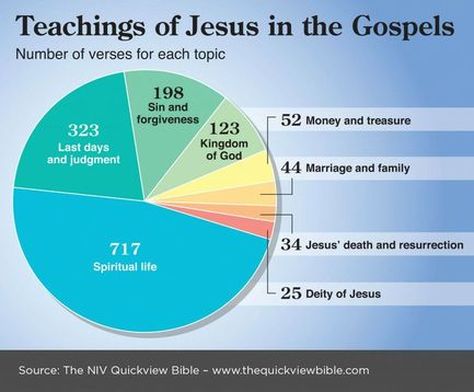
As time progressed, certain other rituals also became attached to the festivals. These were traditions which were part of Israel’s understanding of the purpose and meaning of the days and provided ways in which the priests and people could participate in them. Many of these additional rituals were in place in Jesus’ time, and in some cases Jesus used them as background for his message and even compared himself to them in his teaching.
Until the second temple was destroyed by the Romans in AD 70, each day throughout the Fall festival of Sukkot or Tabernacles a special water pouring ritual was performed. The priests descended the hill on which the temple stood, dropping down to the pool of Siloam in the City of David. There, they would fill a golden pitcher with pure sparkling water from the spring and carry it back up to the temple where the water was ritually offered by pouring it into a silver cup at the corner of the altar. The people of Jerusalem lined the paths along which the water was brought and thronged the court in the temple to witness the ritual which was performed with celebration and great joy.
The waters poured out in the ceremony held a number of meanings for festival goers of the first century. The ritual was connected to the rainfall of the coming year and was accompanied by prayers for rain and for blessings on the earth and its produce. On a spiritual level, the water offering was also associated with the waters prophesied to flow out of Jerusalem in the Messianic kingdom: “And it shall be in that day, that living waters shall go out from Jerusalem....” (Zechariah 14:8, and also Ezekiel 47:1-12). But perhaps most importantly, the ceremony was also connected to the giving of God’s Spirit. The waters were tied to the promise found in Isaiah 44:3: “For I will pour water upon him that is thirsty, and floods upon the dry ground: I will pour my spirit upon your seed, and my blessing upon your offspring.”
If we read the Gospel accounts carefully, we find that it was on the seventh day of the festival (called “Hoshana Rabbah” in Hebrew – the “Great Hosanna” or “Great Salvation”) that Jesus stood up in the midst of the crowds thronging the temple courtyard and called out: “Let anyone who is thirsty come to me and drink. Whoever believes in me, as Scripture has said, rivers of living water will flow from within them” (John 7:37-38). When Jesus’ words are seen in the context of the water ceremony, they come alive – and the way they were perceived by his ancient Jewish audience becomes much clearer. Jesus’ statement was doubtless received with amazement and perhaps in some cases with disbelief or doubt, for rather than making a simple analogy using water in an abstract sense, Jesus clearly was tying the water ceremony and its meanings to himself – as the One from whom blessings flowed, and as the One who would make the Spirit of God available.
But Jesus did not stop there. Each night of the Feast of Tabernacles, in the outer temple courtyard, thousands of worshippers would gather to watch another ritual unfold. Once darkness fell, pious citizens carrying lit torches would dance in the court to the musical accompaniment of instruments played by the Levites. Even more impressively, great lamps of gold were raised, with four golden bowls at the top of each lamp. It is said that all of Jerusalem glowed with the light from this ritual celebration in the temple courtyard.
Knowing about this ritual helps us to understand why, on the morning of the day after the last day of Sukkot, on “the 8th day festival,” Jesus used the ceremony to explain his own role to the crowds of worshippers remaining in the temple courtyard. This is recorded in the Gospel of John that tells us: “When Jesus spoke again to the people, he said, ‘I am the light of the world. Whoever follows me will never walk in darkness, but will have the light of life’” (John 8:12). For those who had not heard Jesus’ statement of the day before – and for those who had – this new statement was momentous. In comparing himself to the brightness of Jerusalem with its awe-inspiring ritual of light, Jesus was making a clearly Messianic claim in calling himself the Light of the whole world. These were truly profound statements.
So these rituals of water and light provided the themes of two of Jesus’ most important “sermons” on his own identity. But Jesus’ words not only identified him, they also remind us that we are called to participate in spiritual events that go far beyond physical rituals – to let God’s Spirit flow through us like water, and to reflect the Light of the world in our own lives.



 RSS Feed
RSS Feed
